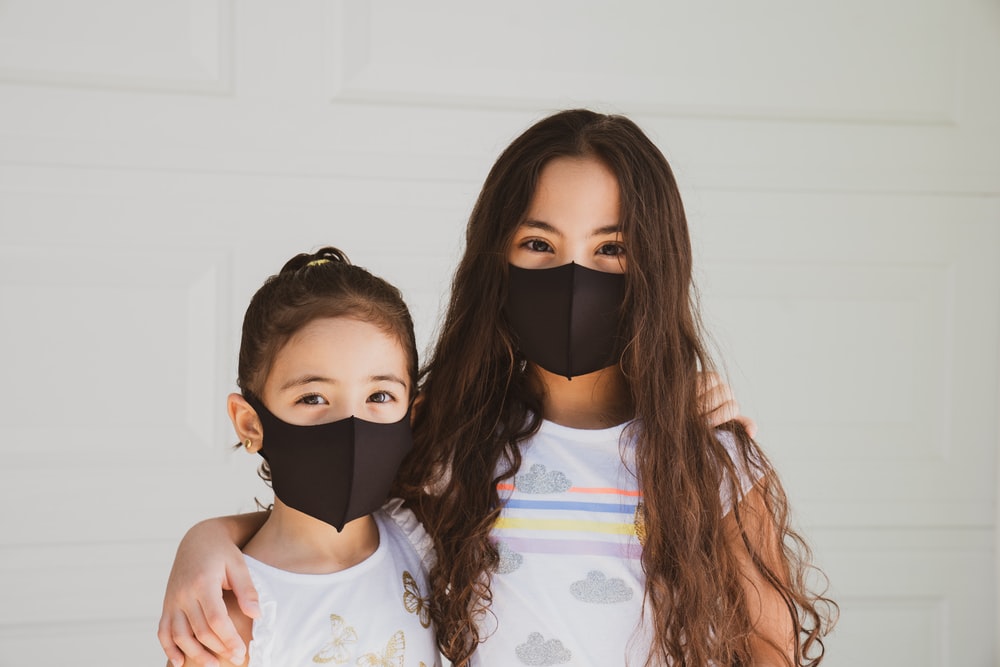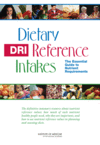
May is National Mental Health Awareness Month. Recent reports show that there is a growing mental health crisis among children and youth of our nation. In recent years, this rise in mental health concerns has been fueled in part by the COVID-19 pandemic, gun violence, social unrest, and climate change. Youth who are LGBTQ+, from low-income or other marginalized backgrounds, or with special healthcare needs, have been disproportionately affected. Our publications raise awareness and inform research, practice, and policy change to promote mental, emotional, and behavioral health for our nation’s children and youth, and their families. As always, these are free to read online or download.

Addressing the Long-Term Effects of the COVID-19 Pandemic on Children and Families
The COVID-19 pandemic has had an unprecedented impact on the lives of children and their families, who have faced innumerable challenges such as illness and death; school closures; social isolation; financial hardship; food insecurity; deleterious mental health effects; and difficulties accessing health care. In almost every outcome related to …[more]

Across the country, mental health concerns are affecting children and youth in every community. Mental health providers are witnessing increased numbers of patients and increased severity in reported concerns. In the midst of this crisis, communities are exploring strategies for addressing children and youth’s mental health, including increased …[more]

Adolescence is a crucial period of life for the prevention of substance use disorders. Research has shown that early intervention can significantly reduce rates of substance use disorder in adulthood. To learn more about effective family-focused interventions in primary care settings for preventing substance use disorder, the National Academies …[more]

To better understand the inequalities facing lesbian, gay, bisexual, transgender, and queer (LGBTQ) youth and the promising interventions being used to address these inequalities, the National Academies of Sciences, Engineering, and Medicine’s Board on Children, Youth, and Families hosted a virtual public workshop titled Reducing Inequalities …[more]

Promoting Positive Adolescent Health Behaviors and Outcomes: Thriving in the 21st Century
Adolescence is a critical growth period in which youth develop essential skills that prepare them for adulthood. Prevention and intervention programs are designed to meet the needs of adolescents who require additional support and promote healthy behaviors and outcomes. To ensure the success of these efforts, it is essential that they include …[more]

For children and youth, summertime presents a unique break from the traditional structure, resources, and support systems that exist during the school year. For some students, this time involves opportunities to engage in fun and enriching activities and programs, while others face additional challenges as they lose a variety of supports, …[more]

Vibrant and Healthy Kids: Aligning Science, Practice, and Policy to Advance Health Equity
Children are the foundation of the United States, and supporting them is a key component of building a successful future. However, millions of children face health inequities that compromise their development, well-being, and long-term outcomes, despite substantial scientific evidence about how those adversities contribute to poor health. …[more]

The Promise of Adolescence: Realizing Opportunity for All Youth
Adolescence—beginning with the onset of puberty and ending in the mid-20s—is a critical period of development during which key areas of the brain mature and develop. These changes in brain structure, function, and connectivity mark adolescence as a period of opportunity to discover new vistas, to form relationships with peers and adults, …[more]

COVID-19, along with heightened racial trauma, has caused unprecedented disruption in the lives of youth aged 10-18, leading them to experience increases in mental health concerns. Addressing these negative impacts requires that education leaders, school districts, state and local decision makers, parents, teachers, and youth work together to …[more]

Healthy mental, emotional, and behavioral (MEB) development is a critical foundation for a productive adulthood. Much is known about strategies to support families and communities in strengthening the MEB development of children and youth, by promoting healthy development and also by preventing and mitigating disorder, so that young people …[more]

Mental Health, Substance Use, and Wellbeing in Higher Education: Supporting the Whole Student
Student wellbeing is foundational to academic success. One recent survey of postsecondary educators found that nearly 80 percent believed emotional wellbeing is a “very” or “extremely” important factor in student success. Studies have found the dropout rates for students with a diagnosed mental health problem range from 43 percent to as high as …[more]

Flourishing in Adolescence: A Virtual Workshop: Proceedings of a Workshop
Adolescence is a dynamic time for both brain development and social pressures, making it a critical period to understand mental, emotional, and behavioral health, yet it is often overlooked in terms of policies and service interventions, which makes many young people feel unheard when communicating their own challenges.
To explore best …[more]







































